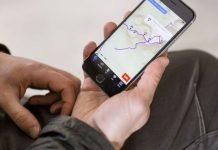Ever go on a hiking trip and suddenly realize that your GPS tracker is not functioning properly? You find yourself getting lost and you begin to feel afraid that you might not get back. Having an accurate and reliable GPS is essential, even if you're not on an outdoor adventure.
GPS is commonly used nowadays to help guide us when in unfamiliar and uncharted areas. This is why a lot of adventurous people rely on a fully functioning GPS tracker. In a metropolitan area, you can also use GPS to help guide you through traffic and select the best routes possible.
However, sometimes GPS app don't make the best recommendation, which can be frustrating. In this article, we delve deeper into why GPS apps sometimes provide inefficient or incorrect routes and how you can fix them.
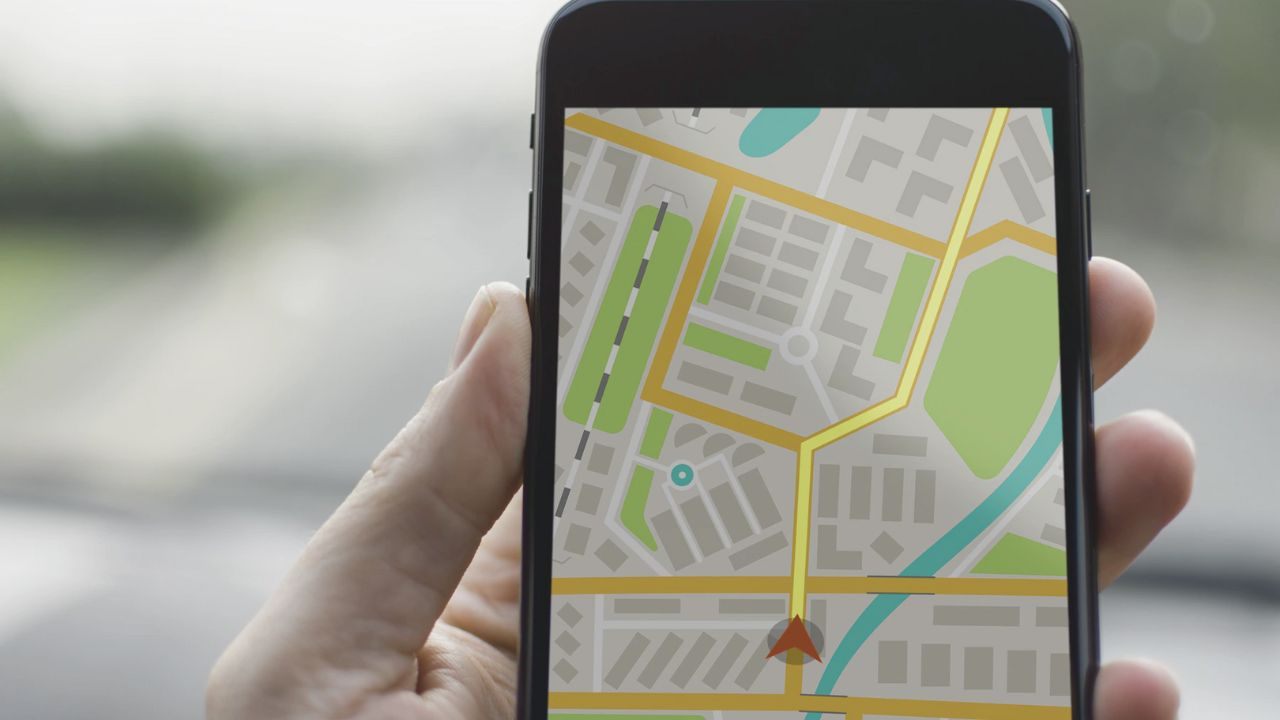
How Does GPS Work?
GPS or Global Positioning System is a system of satellites, ground stations, and receivers that collaborate to depict an accurate location.
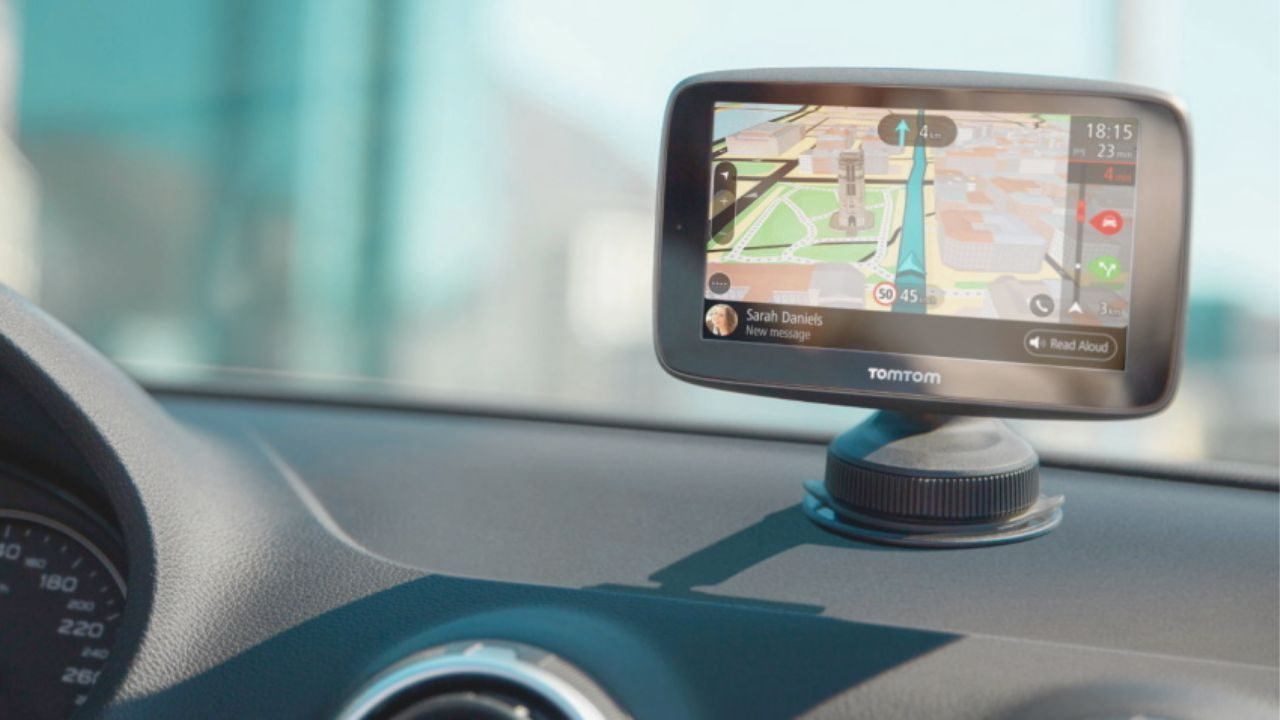
When you use GPS, satellites gather information on your location and send it over to the ground station that uses radar to confirm the location. This will then be transmitted over to the receiver which is usually your mobile device, your car, or a GPS app so you know where you are.
The receiver is constantly transmitting and receiving signals from the ground station and satellite to update the information as you move along. It also calculates the distance using four or more satellites to know exactly where your position is.
Through GPS, you can determine your location within a few meters of your actual location.
Common Uses of GPS
GPS is everywhere and can be used almost in anything. You can find GPS technology in your car, your mobile phone, and even on your watch. Many people use GPS technology to determine their current location or position. It is also commonly used in navigation so that you can get from one point to another.
You can also use GPS to track and monitor objects that are currently moving. GPS is also used to take accurate time measurements and in natural disasters or emergencies, GPS is used to map out and predict weather while keeping track of it.
GPS technology also has its health and fitness uses through smartwatches that can track your running distance and compare it with other people.
What Are Common Reasons for Inefficient or Incorrect Routes?
While GPS can be very reliable in pinpointing your location, there can be instances that it becomes inefficient or can provide you with incorrect routes or locations.
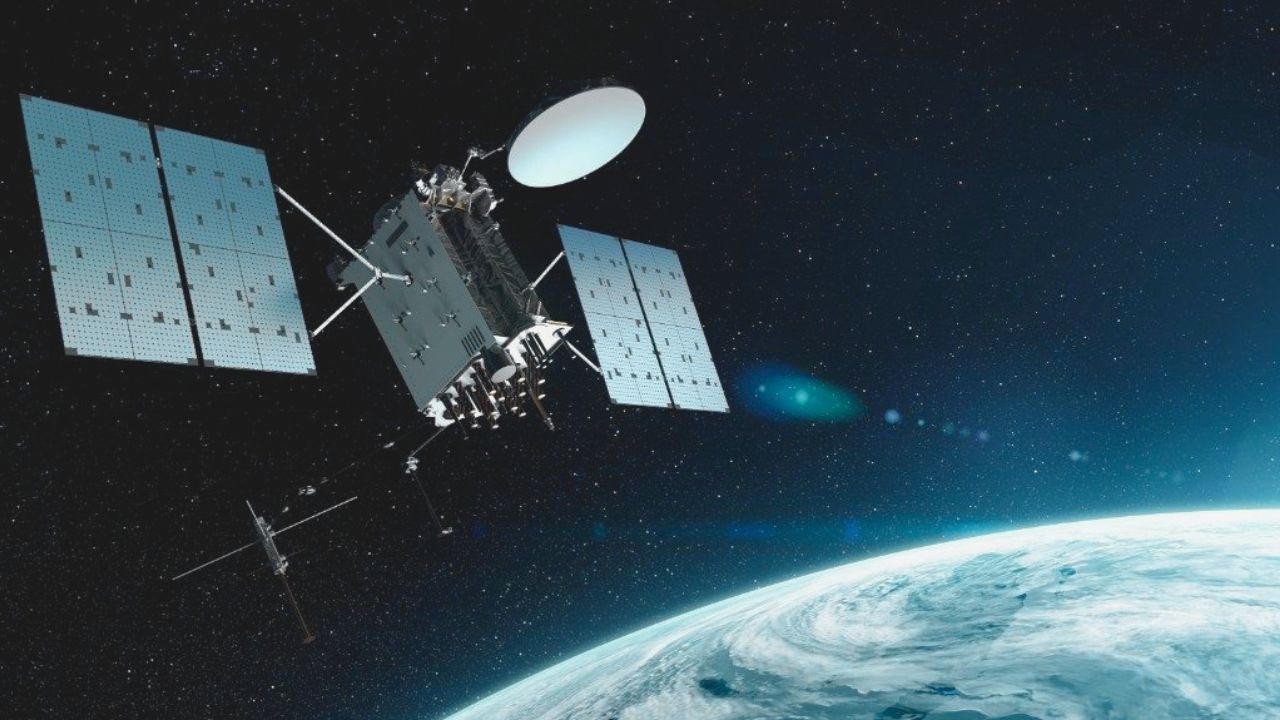
There could be several reasons why you are experiencing an inaccurate GPS location due to a wide variety of factors.
These factors can include inaccurate map data, signal obstruction, cold start, warm start, and more.
Outdated or Inaccurate Map Data
There is a reason why GPS and maps need to be updated regularly. Updating allows satellites to pick up on new data coming from the ground. One of the main reasons why a GPS fails to provide you with a location is because of outdated maps.
When a new building is built within an area without being updated on the map, this can cause inaccuracies which can lead to incorrect routes or inefficient data from the GPS. It also happens when there are changes in road conditions and errors in mapping information.
This is why many often recommend that you update your map from time to time so that it can receive the most accurate data.
Signal Interference
Apart from outdated maps, another common reason is due to signal obstruction or interference. Buildings, mountains, trees, and even your clothing can cause interference with the signal.
Your device may struggle to gather enough information which is why you'll receive a prompt that the GPS signal has been lost in certain areas.
While you don't have complete control over the effects of such interference, you can always consider this factor when using GPS on your phone.
Multipath Errors
Since GPS heavily relies on satellite signals that are subjected to reflection and diffraction, there is always a possibility that there is interference between radio waves as it travels.
It can be caused by TV signals or even other signals coming from sources that interfere when it travels from satellite to the ground station and your phone.
This effect results in your GPS miscalculating your position since the signals have interfered. You'll notice this happening when you have a location that is miles away from you when in fact, it is just a few meters away.
Tips for Improving Route Accuracy and Efficiency in GPS Apps
Since GPS is highly dependent on various aspects, it can be quite challenging to make it more accurate, especially after knowing the factors that contribute to their inefficiency.
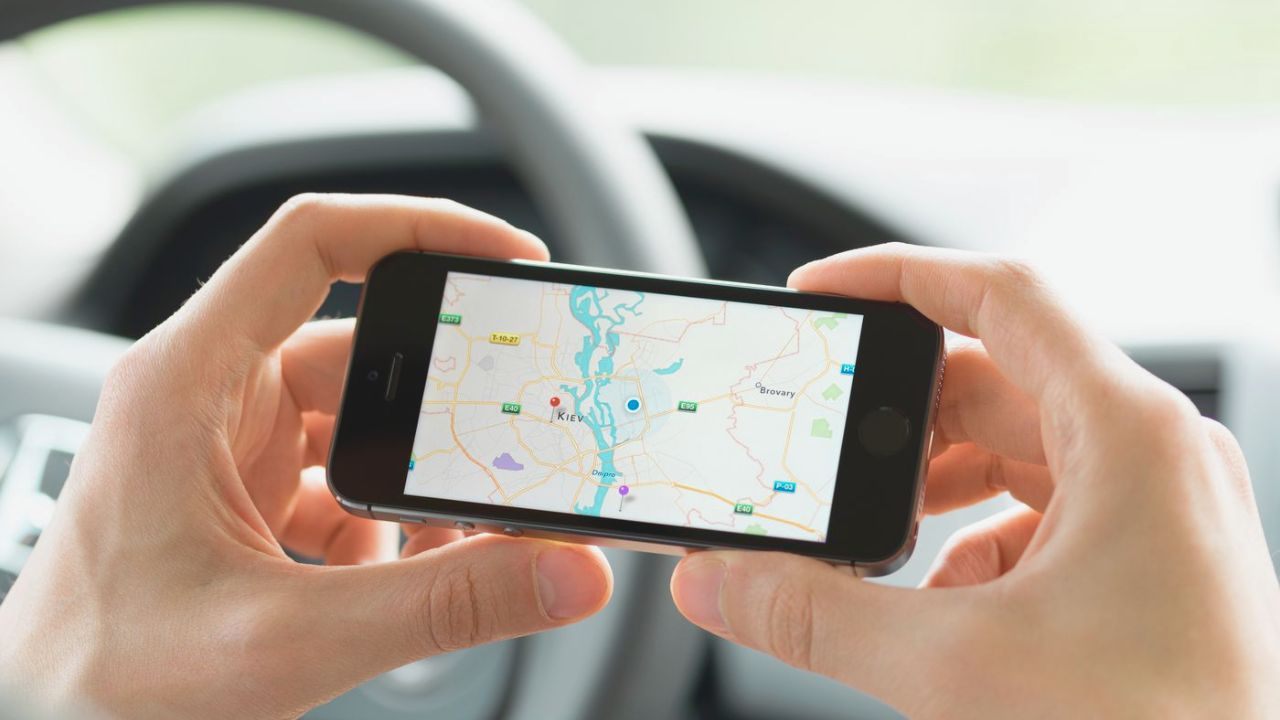
There are a lot of things that you can do to help improve the accuracy and efficiency of GPS apps. The very first thing that you can do is to go to an open area where there are no trees or buildings so you can receive more signal and data on your app.
Try to avoid places that are known to have poor GPS reception such as valleys, canyons and jungles when you're outdoors, or in between concrete buildings when you're in the city.
Try to make sure that you have a clear line of sight to the satellites by going to open space as much as possible.
Restart Your GPS App
One of the most effective ways to improve your GPS app is by simply restarting and updating it. This can be used in conjunction with moving to open space for a faster and more effective resolution.
If the issue continues, try to see if your GPS app is updated. This can be a problem as there are new features that need to be installed first that can help improve how your app receives the GPS signal.
Remember to restart and update your app first then move to an open location to check if the issue still persists.
Walk Away
When you open your GPS app and you start seeing that your location is bouncing from one point to another, this could mean that there is still interference nearby.
Try to move away from your current location and restart the app. This will recalibrate the entire system within the app and receive the signal that you need.
If you cannot do so, it is much better to remove the obstruction such as trees or any material that might cause the blockage.
Alternative Navigation Solutions and Tools
If you're still having the issue even after doing all the tips above, there are still other things you can do as an alternative way to navigate.
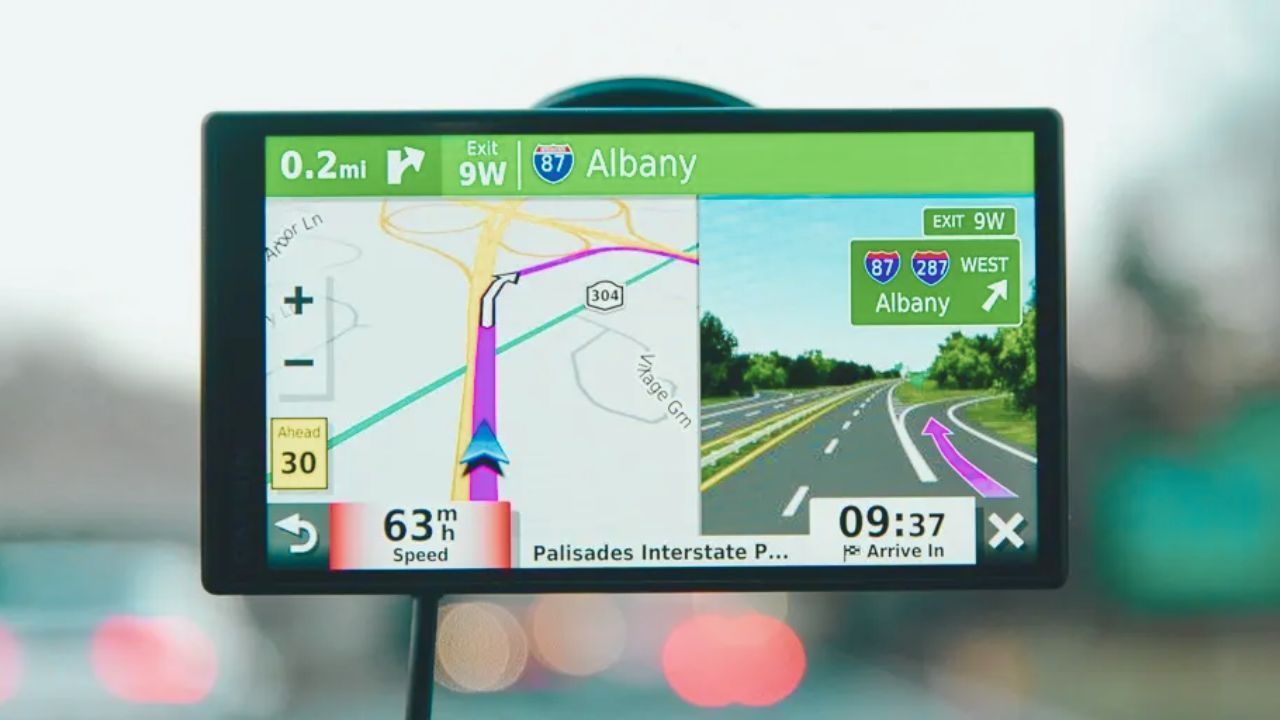
You can always download and use another GPS app and compare the route.
You can also try to integrate the GPS app into other navigational tools like Google Maps or Waze which will help guide you to your destination.
If all else fails, you can always go back to the more traditional method of navigation by using a physical map to guide you.
The Future of GPS Navigation and Route Accuracy
While GPS is still a very accurate and reliable source of information regarding routes and locations, there are still so many opportunities for improvement.
Fortunately, we live in a very modern world where technology can be upgraded very quickly. Technological advancements in GPS are always fine-tuned to improve data collection and processing.
This allows for real-time information to be transmitted faster than ever so you'll get better and more accurate results.
Conclusion
GPS has changed the way we navigate the world. With the accuracy and reliability of such systems on our mobile devices, we can travel to any place on Earth without the fear of getting lost.


